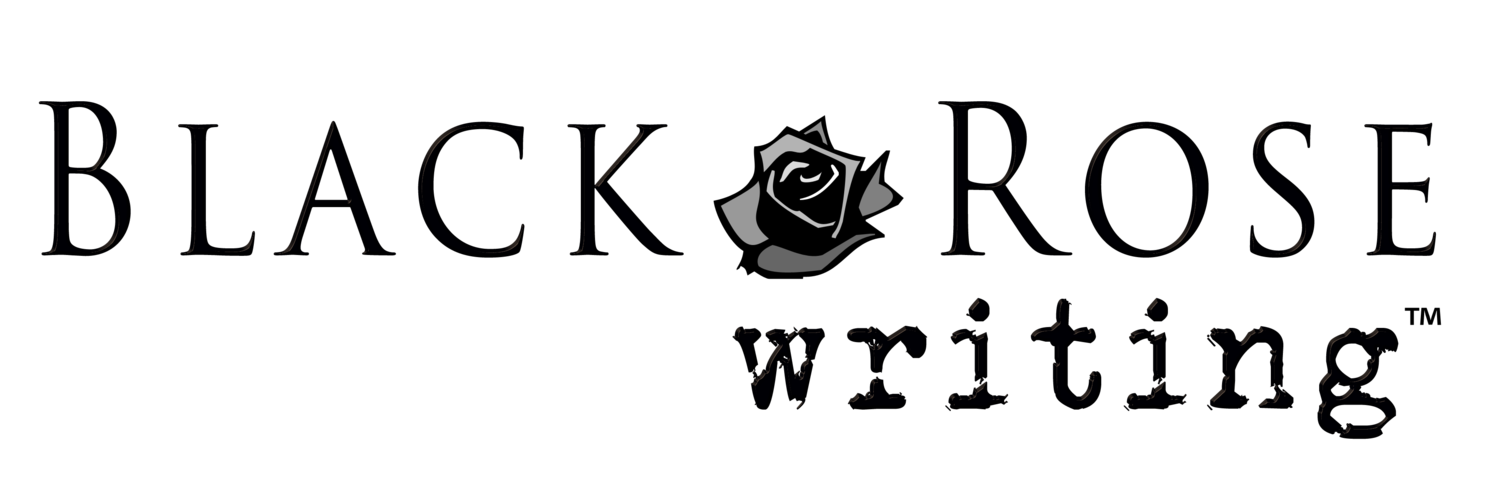by Rick Treon
As a thriller writer, I get to make up stories and create characters. I tend to put those characters in terrible situations and give them seemingly impossible mysteries to solve, but it’s all in the name of entertaining people.
Much of this happens in my head. Then I sit down to write the first draft.
And, for me, that tends to be the laborious part of writing a novel. I power through it, writing words, sentences, and paragraphs that I know will be deleted later. Writer Rick hates that.
But Editor Rick loves it.
I learned myriad lessons throughout my first publishing experience, but the most unexpected one was this: I like editing my drafts more than writing them.
I know, I know, how blasphemous. A writer who would rather delete words than type them?
At least part of this can be attributed to my decade working in newspapers. I got into that business because I wanted to write. A lot. But I was taught to write as little as possible, to limit the characters I type. On deadline, they all count.
Then, just when I was getting good at writing, they made me an editor, and I learned to make a long story short. But I also learned to choose the correct words, to smooth out the choppy writing turned in by rushed reporters, and to rearrange sentences to sound better.
As a reporter, I liked being out in the field and writing under deadlines. It’s an adrenaline rush like few others. My favorite area of expertise was sports, where the deadlines are sometimes tightest but the subject matter is less macabre than the crime beat.
As a novelist, however, my favorite part is when Editor Rick turns Writer Rick’s draft into something people will (hopefully) want to read. For me, that’s when the magic happens.
Editor Rick loves making sure the plot points all come together like Writer Rick envisioned. He takes immense pleasure in going back and inserting a nice piece of foreshadowing or a subtle clue that will help bring together a twisty plot for the reader. He enjoys choosing words that better match the tone and themes that were developed as he wrote the first draft. He enjoys shaking all those pesky adverbs out of the raw copy.
Conversely, Writer Rick does not enjoy writing sentences he knows will get re-arranged, truncated, and deleted. He even feels guilty for creating so much work for Editor Rick.
Writer Rick does the work, while Editor Rick gets to have fun.
I’m not sure whether I am in the majority or the minority on this. But the impression I get from websites and social media for writers is that I’m one of two kinds of writers: those who enjoy revising their work (I’ll call us revisers), and those who hate it (I’ll call them drafters).
I understand drafters. I imagine many of them are pantsers, writers who write before they know how their project will end.
Though I always have characters surprise me on the page, and I’ve had one twist formulate during the first draft of both the manuscripts I’ve completed so far, I create the characters, scenes, and plot in my mind before I begin typing.
As a plotter, I feel like my first drafts are facsimiles of what took place in my brain, and it’s only after I see that streaky duplicate I can turn it into art, which is why I’m a reviser.
And now, in true thriller fashion, it’s time for the twist.
For my next project, which may or may not turn into my third novel-length manuscript, I am going to be a drafter. I’ve started writing, and I don’t know where I’m going or what the finished product will be (other than fiction).
I’m going to give Writer Rick a chance to see what he can do unencumbered.
Editor Rick is out buying a new pack of red pens.
*Article also appeared on ITW’s The Thrill Begins.
Rick Treon’s debut political/psychological thriller, Deep Background, was released in December. Before writing fiction and essays, he was a reporter and editor at several newspapers in Texas. Visit ricktreon.com for more information.
To learn more about Deep Background, click HERE.

